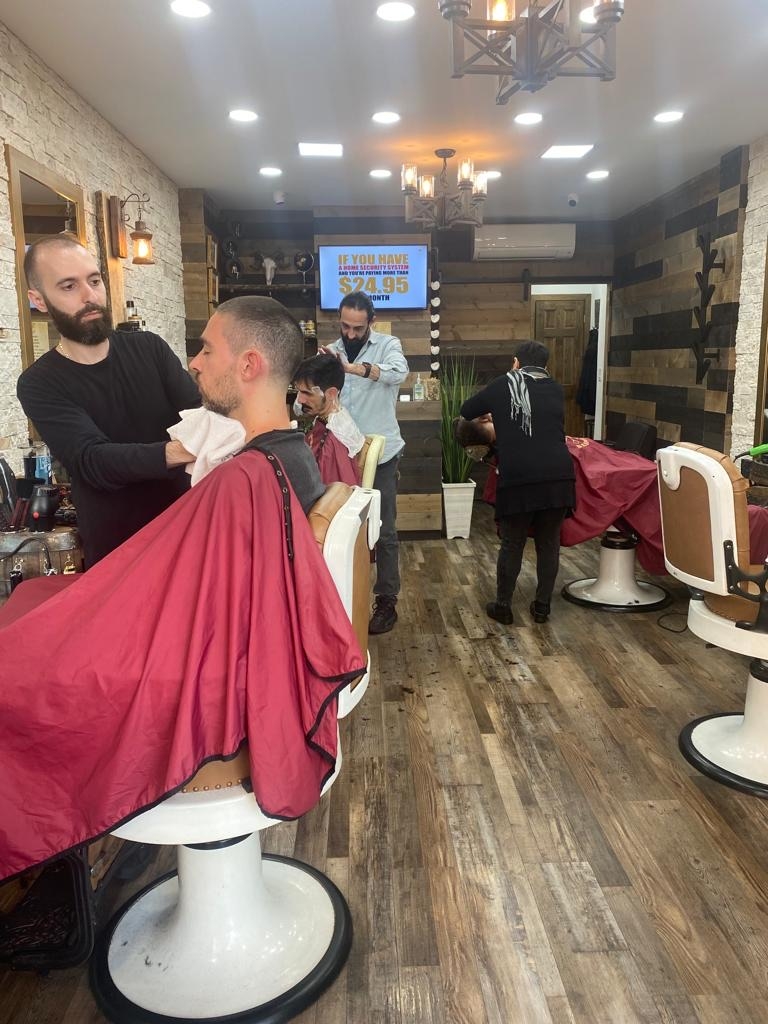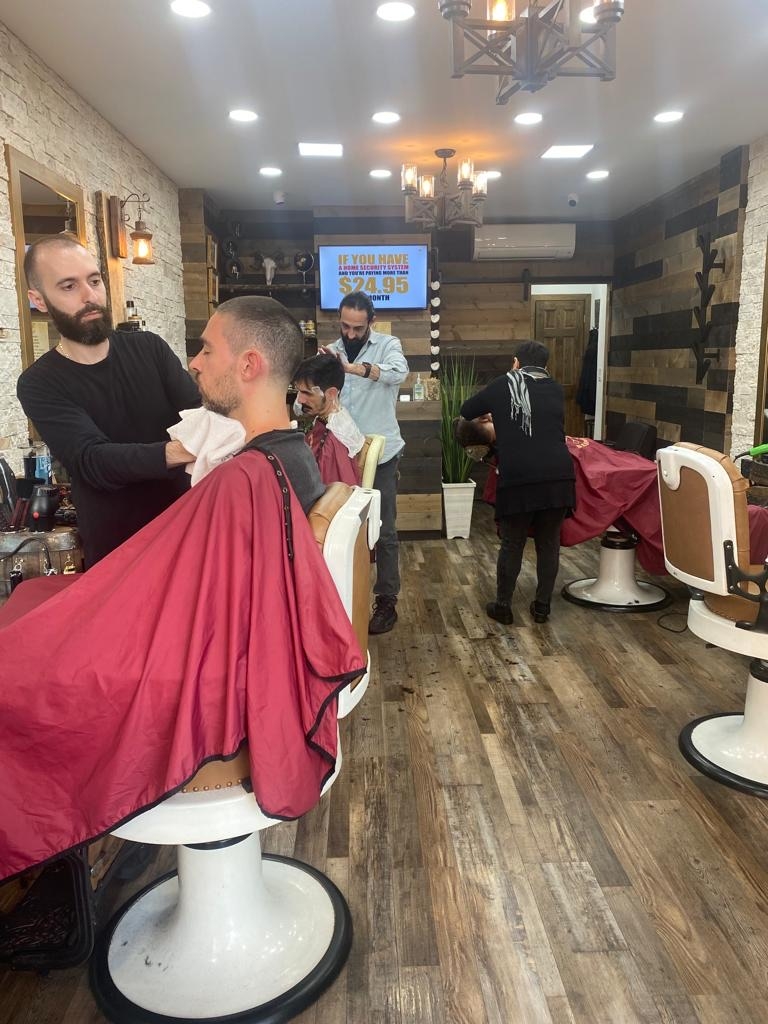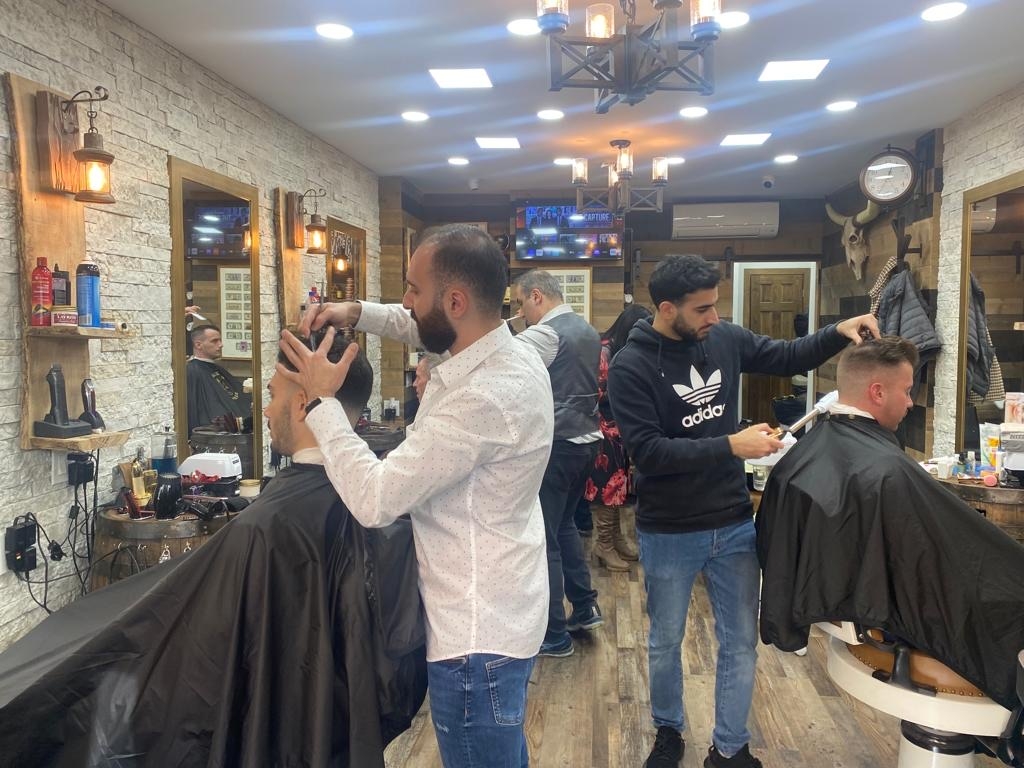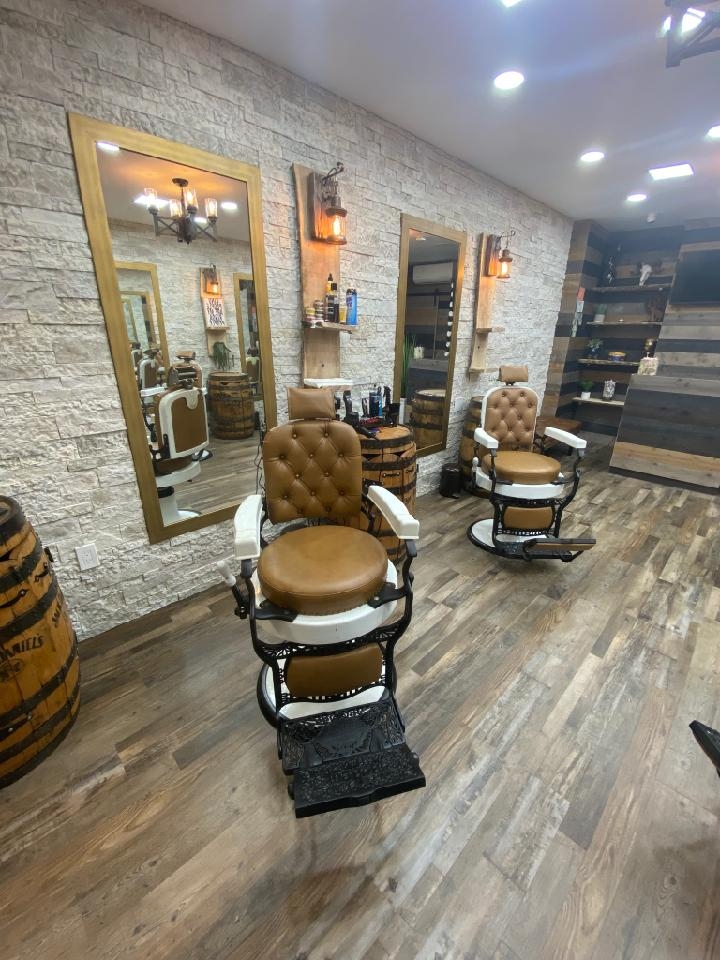

Individuals with oily skin should exfoliate before shaving about 2-3 times a week. Exfoliating helps to remove dead skin cells and unclog pores, which can lead to a smoother shave. By exfoliating regularly, those with oily skin can also help reduce the likelihood of ingrown hairs and razor bumps.
For individuals with sensitive skin, it is best to use a gentle exfoliant before shaving. Look for exfoliants that contain soothing ingredients like oatmeal, chamomile, or aloe vera. These ingredients can help to calm and protect the skin while still providing the necessary exfoliation to prepare for shaving.
Shaving is a skill every man possesses. It’s the key to liking what you see in the mirror, especially when sculpting an image you want to show the world. Learning how to maintain your facial hair is an excellent confidence booster, which will only ring truer as you grow older. Why Some Men Lose Confidence […] The post The Impact of Shaving on Building Confidence appeared first on Original Shave Company.
Posted by on 2023-12-14
A man’s diet is one of the most overlooked contributors to his beard health. While your beard’s shape and thickness largely come down to genetics, your eating habits can also have a significant impact on facial hair growth. In this guide, we’ll help you understand the connection between food and facial hair and review some […] The post Does Your Diet Impact Your Facial Hair Growth? appeared first on Original Shave Company.
Posted by on 2024-01-12
Your appearance means a lot in the business world. You’ll have an easier time dealing with partners and customers when you look and sound professional. How does facial hair fit into the equation? Are beards unprofessional in the modern landscape? Clean-shaven faces were once the norm, but facial hair has become more accepted in the […] The post Are Beards Becoming More Common in Business Settings? appeared first on Original Shave Company.
Posted by on 2024-02-21
Conflicting opinions on ultraviolet (UV) radiation’s effects on facial hair circle around. Some people claim clear skies are beneficial for beards and mustaches. Others warn against sunbathing when trying to grow impressive facial hair. Which side of the fence is right? The truth lies in the middle. Understand how the sun influences facial hair growth […] The post Can UV Exposure Stunt Facial Hair Growth? appeared first on Original Shave Company.
Posted by on 2024-03-19
Exfoliating too vigorously before shaving can indeed cause irritation or razor burn, especially for those with sensitive skin. It is important to be gentle when exfoliating, using light pressure and circular motions. Over-exfoliating can strip the skin of its natural oils and lead to redness, inflammation, and discomfort.

When it comes to exfoliating before shaving, it is generally recommended to use a physical exfoliant over a chemical exfoliant. Physical exfoliants, such as scrubs or brushes, physically remove dead skin cells from the surface of the skin. This can help to smooth the skin and prevent ingrown hairs, making it an ideal choice for pre-shave exfoliation.
Individuals with acne-prone skin should avoid exfoliants that contain harsh ingredients like alcohol, fragrances, or microbeads. These ingredients can irritate the skin and exacerbate acne breakouts. Instead, look for exfoliants that contain salicylic acid or glycolic acid, which can help to unclog pores and prevent acne before shaving.

Even individuals with dry skin can benefit from exfoliating before shaving, as it can help to remove dry, flaky skin and allow for a closer shave. For those with dry skin, it is best to use a gentle exfoliant that contains moisturizing ingredients like hyaluronic acid or shea butter. These ingredients can help to hydrate and nourish the skin while exfoliating.
Exfoliating before shaving can indeed help prevent ingrown hairs by clearing away dead skin cells and debris that can clog hair follicles. By exfoliating regularly, individuals can create a smoother surface for the razor to glide over, reducing the likelihood of hairs getting trapped beneath the skin. This can lead to a closer, more comfortable shave with fewer ingrown hairs.

When searching for a post-shave balm suitable for sensitive skin, one should look for ingredients that are gentle and soothing. Some key components to consider include aloe vera, chamomile, calendula, and oat extract. These ingredients are known for their anti-inflammatory properties and ability to calm irritated skin. Additionally, ingredients such as shea butter, coconut oil, and vitamin E can help to moisturize and nourish the skin, promoting healing and reducing redness. It is also important to avoid products containing alcohol, fragrances, and harsh chemicals, as these can further irritate sensitive skin. By choosing a post-shave balm with these soothing and hydrating ingredients, individuals with sensitive skin can help prevent irritation and promote healthy skin after shaving.
Using aftershave after shaving is not absolutely necessary, but it can provide several benefits. Aftershave typically contains ingredients that help soothe the skin, reduce irritation, and prevent infection. It also helps to close the pores and tighten the skin, which can reduce the likelihood of ingrown hairs or razor bumps. Additionally, many aftershaves have a pleasant scent that can leave the skin feeling refreshed and rejuvenated. While some people may find that using aftershave is an essential part of their grooming routine, others may choose to skip this step without any negative consequences. Ultimately, whether or not to use aftershave after shaving is a personal preference.
Post-shave lotion typically takes around 1-2 minutes to fully absorb into the skin. The absorption rate can vary depending on the specific formulation of the lotion, as well as the individual's skin type and condition. Factors such as the presence of hydrating ingredients like aloe vera or glycerin, as well as the texture of the lotion (e.g. gel, cream, or balm) can also impact how quickly it is absorbed. It is important to gently massage the lotion into the skin in order to help facilitate absorption and ensure that it is evenly distributed. Additionally, allowing the lotion to fully absorb before applying any other products can help maximize its effectiveness in soothing and hydrating the skin post-shave.
Shavette handles are commonly made from a variety of materials such as stainless steel, aluminum, wood, acrylic, and resin. These materials offer different benefits in terms of durability, weight, and aesthetics. Stainless steel handles are known for their strength and resistance to corrosion, making them a popular choice among shavers. Aluminum handles are lightweight and easy to maneuver, while wood handles provide a natural and classic look. Acrylic and resin handles offer a wide range of colors and designs, allowing for customization and personalization. Overall, shavette handles come in a range of materials to suit the preferences and needs of individual users.
A straight razor should be honed regularly to maintain its sharpness and effectiveness. The frequency of honing will depend on the individual's shaving habits, the type of blade, and the quality of the honing process. Typically, it is recommended to hone a straight razor every 3-6 months for regular users, while occasional users may only need to hone their razor once or twice a year. Honing should be done by a professional or experienced individual using a sharpening stone or strop to ensure the blade is properly sharpened and aligned. Regular honing will help prolong the life of the razor and ensure a smooth and comfortable shaving experience.